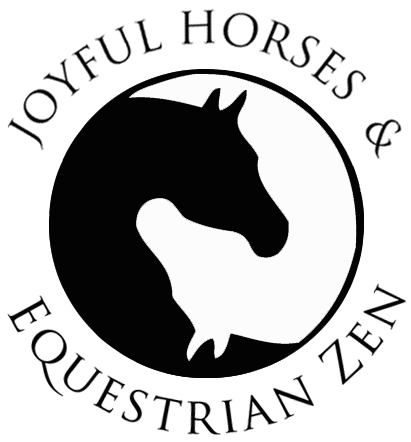People often ask how we keep our older horses healthy and active. Making sure they are getting good nutrition and getting exercise is of utmost importance, but after that we start looking at little things to help them feel better.
Here is information on some of the dietary supplements we use in our equine rehabilitation program at the Balance Point.
From the case studies I’ve personally been involved with, I’ve found the following supplements beneficial to horses with high stress (either from personality types, weather, injury, changes in environment or previous history of care).
Ginger (capsules, but derived from essential oils) daily in feed. Used for horses showing aggression in their stalls during feeding. Personal experience shows a dramatic decrease in irritability as indicated by kicking or lunging at other horses. And most horses seem to like the taste. Began adding to all horses with any indication of stomach irritability or stress. I recommend this supplement for all horses that are working or retired.
Data: Ginger contains chemicals that may reduce nausea and inflammation. Researchers believe the chemicals work primarily in the stomach and intestines, but they may also work in the brain and nervous system.
A study involving 74 volunteers carried out at the University of Georgia found that daily ginger supplementation reduced exercise-induced muscle pain by 25%.
Studies show that ginger relaxes smooth muscles which can help in respiratory issues as well as intestinal. Also is used to support the liver in clearing toxins.

Cranberry – Seems to work really good for inflammation throughout the body. Recommended for elderly horses or horses dealing with old soft tissue injuries. Also can be used for horses with urinary issues.
Data: Cranberries contains significant amounts of salicylic acid, which is an important ingredient in aspirin. Salicylic acid can reduce swelling, prevent blood clots, and can have anti-tumor effects.Cranberries also contain a potent vasodilator and have been used for breathing problems.
Papaya enzymes (fruit + papain, amylase, protease) – pre-ulcer treatment recommended for anxious horses.
Silymarin milk thistle: Silybum marianum – clear out toxins, seems especially important for most horses in the winter months or during droughts. Research shows it also helps individuals who are insulin resistant, and can decrease anxiety.
Probiotics – We’ve had good experiences with Garden of Life Ultra Primal Defense Capsules – important during weather extremes, or increases in stress level or Essentials Blend from New Earth.
Flaxseed oil (Cold pressed) – We use this for elderly or horses with old soft tissue injuries. Ground flaxseeds may be a good supplement for mares with hormonal issues or pain during heat cycles.
Biotin – studies are inconclusive of actual benefits, but worth a try for horses with bad feet.
Saw Palmetto – urinary, prostrate or hormonal issues (reduces estrogen levels) Seems to help older geldings and mares with hormonal issues.
1000mg Vitamin C – every weather extreme, or when there are increases in stress level. You can go up to 5000mg.
Magnesium – important for horses that are feeling physically or mentally stressed. Most types of Mg can produce laxative effects. Important to use a type that releases slowly throughout the day such as di-magnesium malate.
Other supplements we often use in the process of equine rehabilitation are chamomile, hawthorn berries and various herbs for kidney & liver support. Dr. Madalyn Ward is a great source of information in regards to herbal support for optimum equine health.
-Rachel Steen
Equine Rehabilitation Specialist
Balance Point ELC

